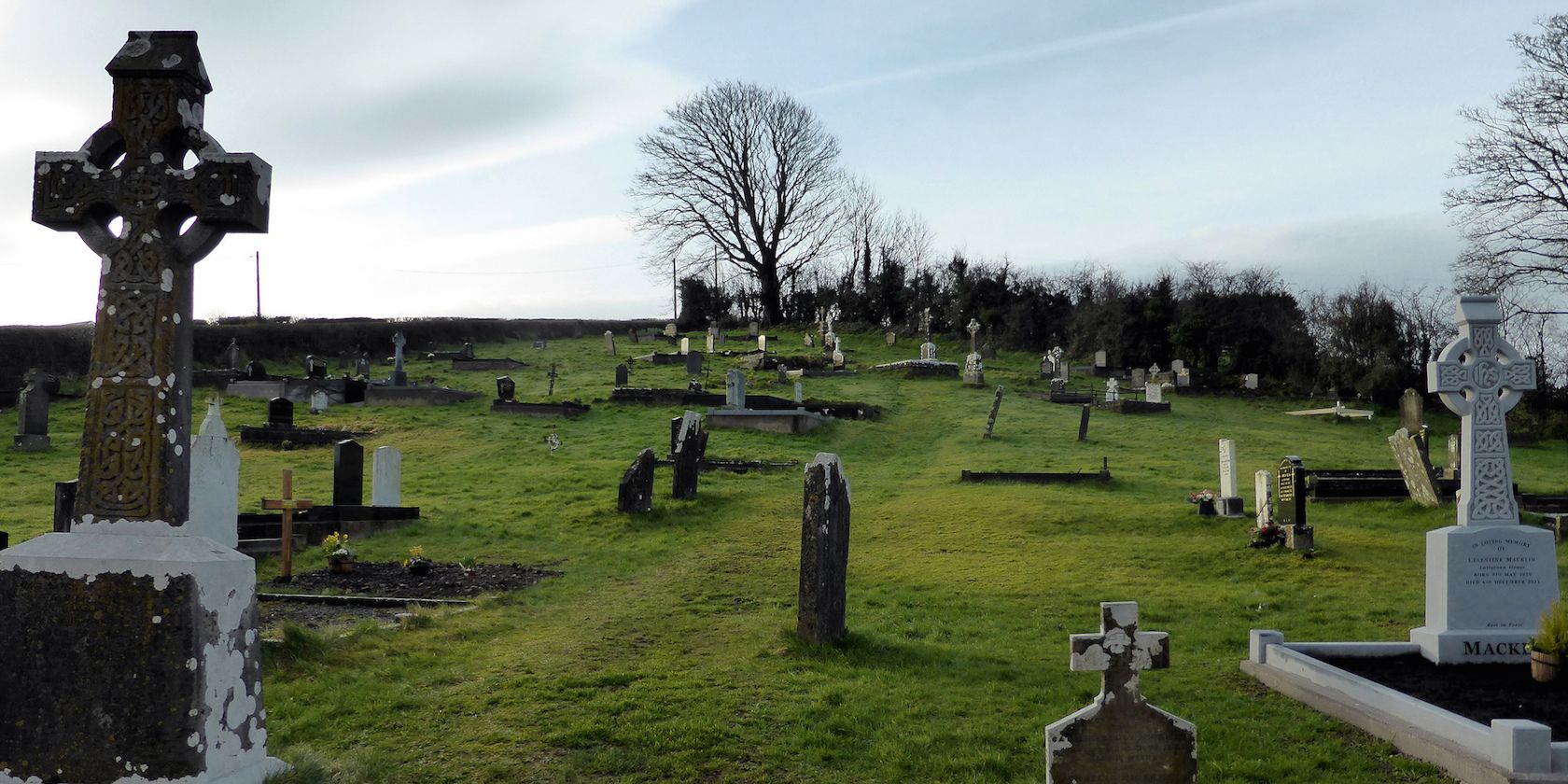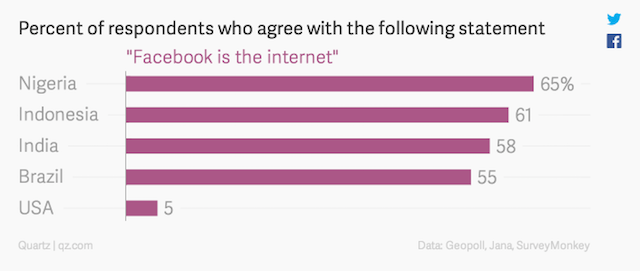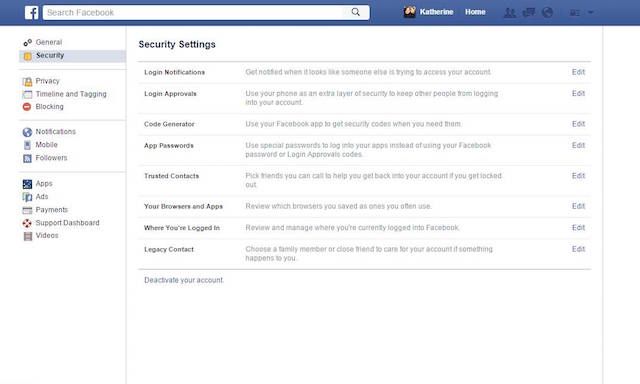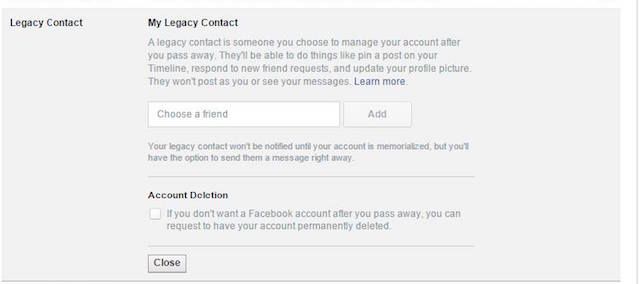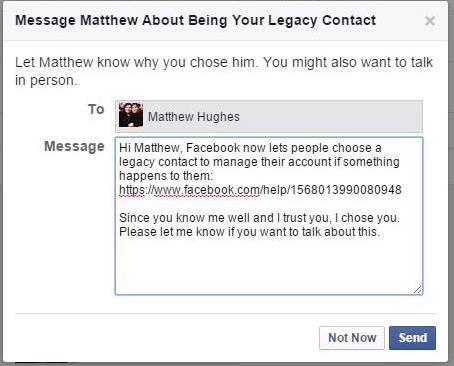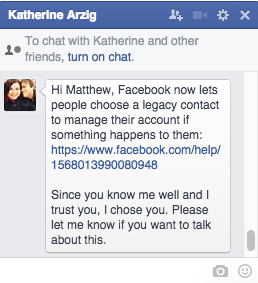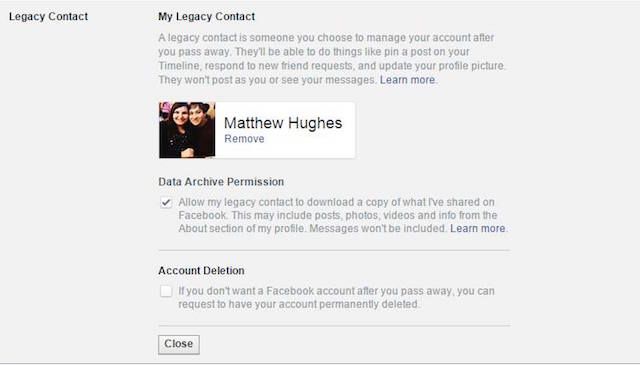Something like 20% of the world's population has a Facebook account. The social networking site has become so utterly ubiquitous, some people are unable to distinguish between Facebook and the Internet. According to Geopoll and Quartz, 65% of Nigerians, 61% of Indonesians, and 5% of Americans responded with the affirmative when asked whether they thought 'Facebook is the Internet'. Crazy.
But who can blame them? People live on Facebook. It has become a vehicle for people to share their lives, and their thoughts, with their expanded circle of friends, family, and frenemies. For a great many people, Facebook is the only Internet they need. Although we may have hit peak Facebook, it remains hugely popular.
But despite the level of ubiquity and homogeneity Facebook enjoys, it is still very much a young company, and one with a number of interesting dilemmas and challenges ahead. Such as answering the question 'What happens to your Facebook profile when you die?'.
In the past, Facebook has struggled to find the answer to this question. Should they give the deceased's credentials to their next of kin, or should they just let their profiles lie abandoned as a perpetual tribute to the dearly departed? Facebook also has to consider how to handle the needs of the deceased's family members, whist simultaneously protecting against RIP trolls; lulz-seekrs who target the social media profiles of dead kids in the aftermath of their passing.
Admittedly, until recently, Facebook has offered an unmanaged, memorial profile. But they've also attracted controversy in the past when it comes to this incredibly sensitive issue, with accounts belonging to dead people suddenly becoming re-animated, and 'liking' corporate Facebook pages. This was profiled beautifully on ReadWriteWeb in 'Why Are Dead People Liking Stuff On Facebook'.
But now, Facebook has finally introduced a feature that grants a third-party access to your account should you pass on. It's called Legacy Contact. Here's how it works.
Establishing Your Legacy
Before we get started, I've got some bad news. It turns out Facebook Legacy Contact is currently only available in the United States. I'm based in the United Kingdom, and I've been unable to get hold of it, even with a VPN or by changing my current location. Thankfully, my New Jersey based girlfriend stepped in and agreed to let me use her account. Thanks, love.
Facebook have said they intend to eventually roll it out globally, however. Although, if they're as lackadaisical as they have been with the rolling out of Facebook Gifts, I wouldn't get your hopes up.
First, open your security settings. If Facebook Legacy Contact is available in your region, you'll see a menu item that says 'Legacy Contact'. Click that.
You'll then be informed of what the consequences of establishing someone as a legacy contact are, and can pick the person who will become your nominated legacy contact. They'll be able to update your header and profile pictures, accept friend requests, and 'pin' a post on your profile. But that's it. Your legacy contact will not be able to, for example, send messages on your behalf, or post to your profile.
If you don't want to give someone access to your account, you can instead choose to have your entire Facebook profile permanently deleted. If you can't wait until you die, check out this post by Angela Alcorn on how to permanently, irrevocably delete your Facebook account.
You'll then be able to create a message that is sent to your legacy contact, informing them that you've granted them access to your account upon death. If you can't be bothered to create your own custom message, the pre-made one is fine too.
This message is then immediately sent to the nominated person.
If everything has worked, you should see something like this when you return to your security settings.
To activate this memorial feature, Facebook needs to be notified. This is done by telling them who passed away and when. This is manually verified, so it helps to provide Facebook with an obituary, or any other proof of death.
Similarly, Google has a feature which allows you to decide what happens to your data when you die. As do a lot of sites, actually. It's just Facebook who are a little bit late to the party.
How do you Feel About Legacy Contact?
Death isn't the cheeriest subject to write about. It's not even cheery to think about it. But I really like Facebook's legacy features, largely because I think it'll give an immense amount of comfort to a lot of people. That, in my view, is pretty awesome.
But what do you think of Legacy Contact. Any thoughts? Tell me about them in the comments section below.
Photo Credits: Graveyard (Sean MacEntee)

